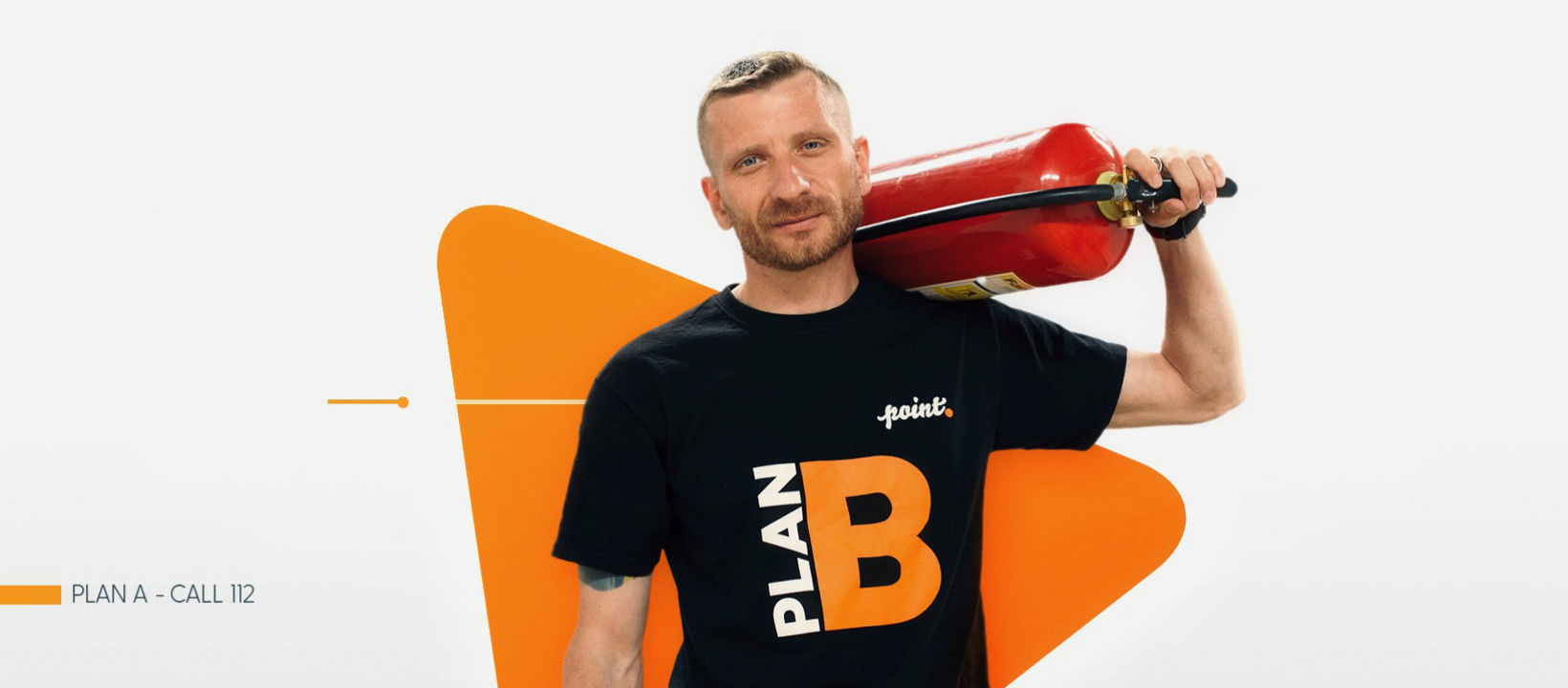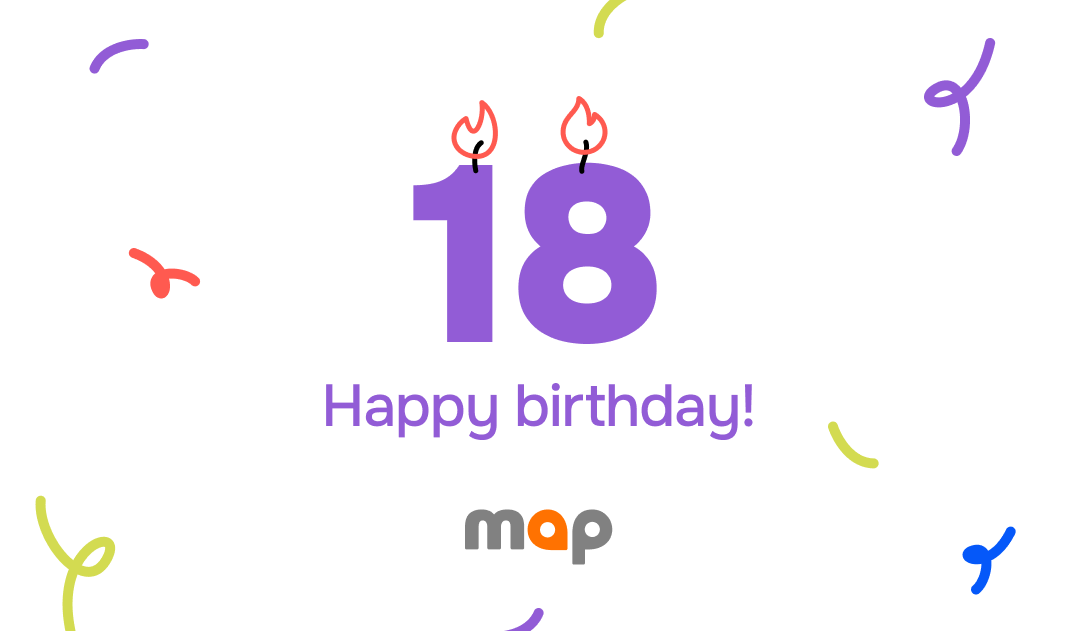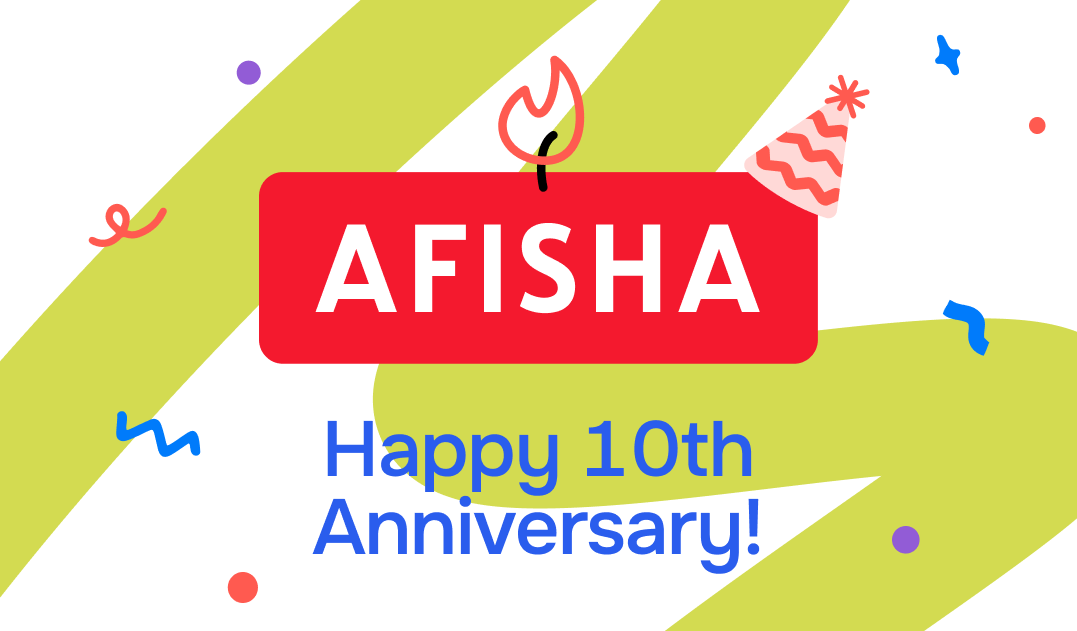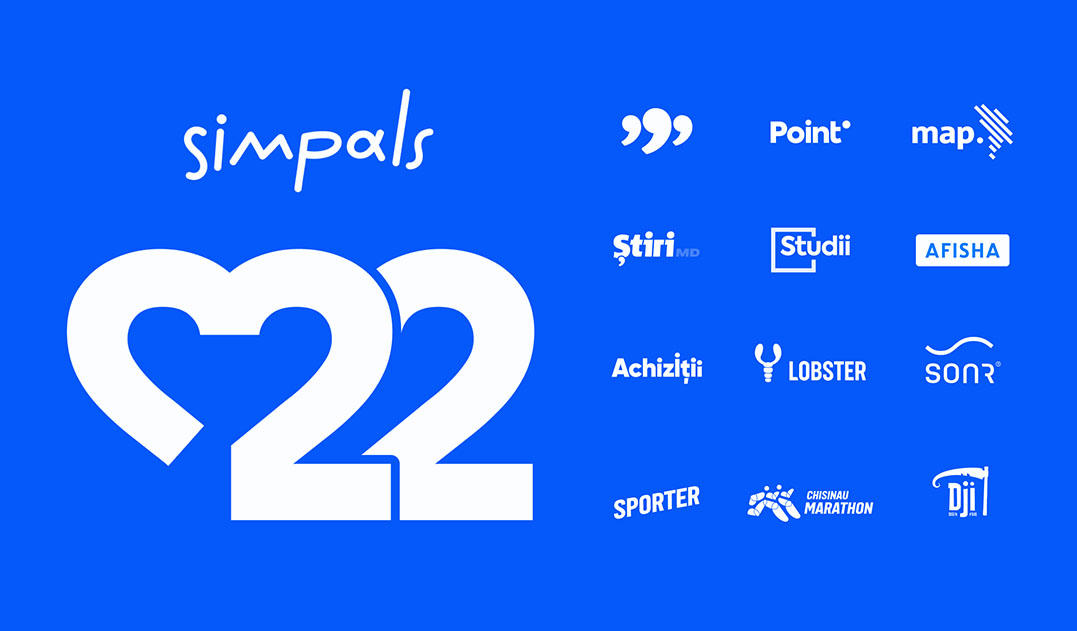The World Health Organization announced a pandemic of the new coronavirus. The new episode of Plan B project will bust myths about COVID-19 and will share some measures of protecting personal health.
We invited a microbiologist specialist, professor at the Nicolae Testemitanu State Medical and Pharmacology University, Dmitri Yunak. When asked what is the difference between coronavirus and regular seasonal flu, the professor claimed that the main symptom of COVID-19 is the cough.
“If coronavirus affects the lower respiratory tract, the flu affects the upper part. Besides that, COVID-19 and regular flu are very similar. They have the same clinical manifestations, as well as the applied treatment”, said Dr. Yunak.
The microbiologist highlighted that the regular flu affects far more people than coronavirus. “According to WHO, annually, over 650,000 people die as a result of flu, while the amount of people infected with coronavirus hasn’t reached this number yet.”
Main COVID-19 symptoms:
— Fever, minimum 38°C
— Fatigue
— Dry cough
— Runny nose
— Headache
— Sore throat
— In more severe and acute cases: breathing difficulties.
Ways of transmitting COVID-19
The specialist shared the ways this virus can be transmitted.
“It spreads via cough and larger drops, which come out of a human body, consequently, its flight range and reach radius are too small”, said the doctor.
Microbiologist also explained who needs to wear masks.
“The mask helps reduce the level of spreading by people who already are infected. On the other hand, if a healthy person wears a mask and the infected one doesn’t, it won’t save the healthy person from contamination. Imagine that you are surrounded by contaminated people who cough, sneeze and don’t aid virus spreading. So, you are wearing a mask, the virus lands on your mask and you inhale it. As a result, the mask becomes defenseless and you catch the virus”, said the professor.
Personal prevention measures
— Wash your hands frequently with soap and water for 20 seconds. If you don’t have the possibility to do it, use alcohol-based solutions.
— While coughing or sneezing, cover your mouth and nose with a disposable tissue. Throw the tissue after each use and wash your hands. If you don’t have a tissue, cough or sneeze into the crease of clothing at the elbow. Avoid people who cough or have fever.
— Don’t touch your eyes, nose and mouth with dirty hands. Usually, the virus is transmitted via the respiratory tract, but it can also get in the body through mucous membranes of the eyes, nose and mouth.
— If you have fever or cough, call 112. If you arrived from European quarantine zones in the last 14 days, inform your employer or manager.
— Do not use any antivirus or antibiotic medicine, if the doctor did not prescribe it.
Methods of COVID-19 treatment
The specialist listed the methods of treating this virus.
“Special treatment for this virus was not invented yet, nonetheless, as the flu in the majority of cases, it is not treated by defeating the virus itself, but by combating the symptoms. This is the way all people, who have this virus, are treated. If they have a cough, we cure it. If they have fever, we cure it too. Also, we isolate them and offer rest, just as if it would have been a regular flu. The difference between coronavirus and regular flu treatment is the duration. If the flu can be cured within a week, the coronavirus requires about 2-3 weeks. It affects the lower respiratory tract, which means it gets closer to the lungs and it may cause pneumonia, which is what makes the virus dangerous. However, if following the doctor’s advice and isolate, this disease is quite curable”, advised doctor Yunak.
Plan B project urges citizens to leave home only when vitally necessary: do not rush to the stores to buy products, because there is a high risk of contamination in queues.
“Ask your elderly relatives, who have chronic diseases, not to leave home at all. Find a way of providing them with essential supplies. Try to be useful to the whole society. Keep in mind that all that you do or don’t do directly affects not only your health, but the health of your friends and family”, concluded a Plan B representative.



